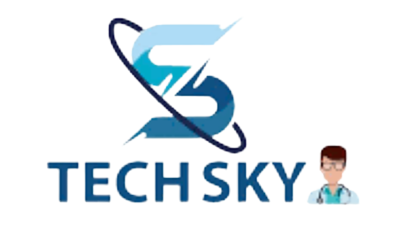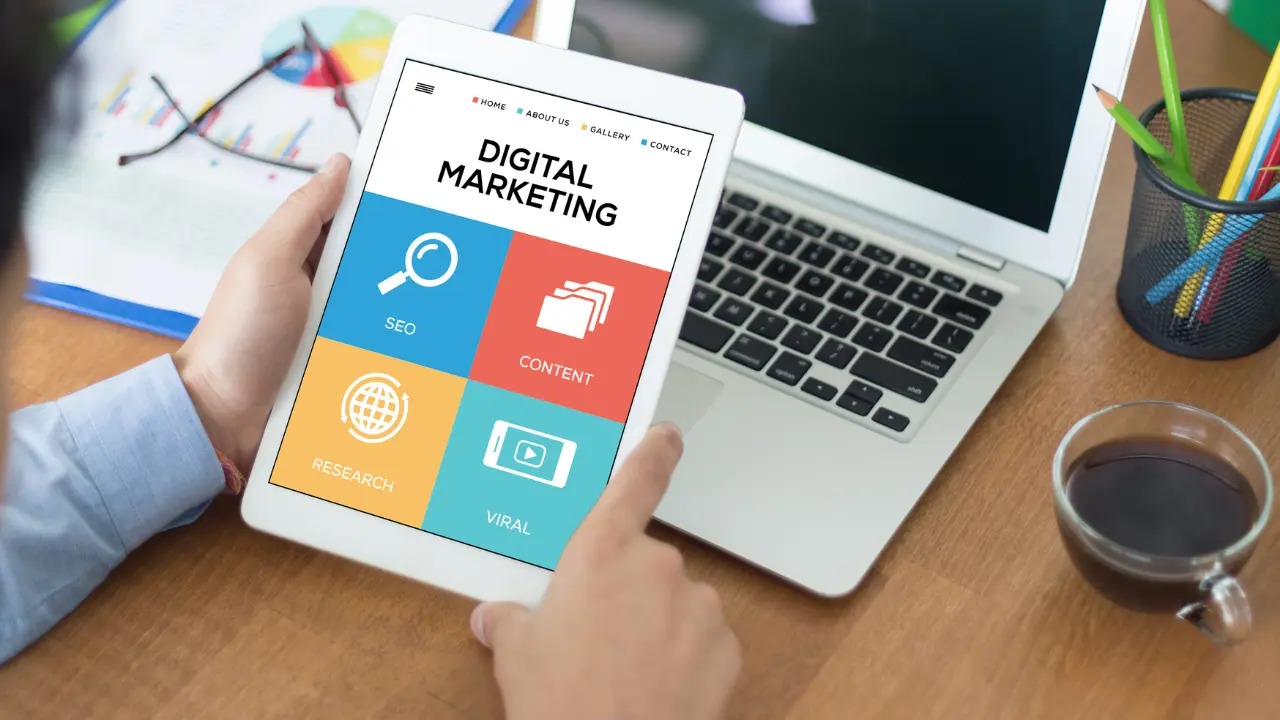Digital marketing is an essential tool for businesses looking to thrive in the modern, internet-driven world. Whether you’re a small business owner, a freelancer, or someone exploring career opportunities in the marketing field, understanding the basics of digital marketing is crucial. This guide aims to demystify digital marketing, offering beginners a comprehensive overview of key concepts, strategies, and tools.
What is Digital Marketing?
Digital marketing refers to the use of digital channels, such as search engines, social media, email, and websites, to promote products or services. Unlike traditional marketing, which relies on physical media like print ads or billboards, digital marketing leverages the internet and electronic devices to reach and engage with potential customers. The goal is to connect with your audience at the right time and place—usually online.
Key Components of Digital Marketing
Search Engine Optimization (SEO)
SEO is the practice of optimizing your website to rank higher in search engine results pages (SERPs). The higher your site ranks, the more visibility it gains, leading to increased traffic. SEO involves keyword research, on-page optimization (like improving site content and HTML), and off-page optimization (such as building backlinks), so make sure to follow SEO Trends and take your website to a whole new level.
Content Marketing
Content marketing is about creating and sharing valuable, relevant content to attract and engage an audience. This content can take many forms, including blog posts, videos, infographics, and ebooks. The goal is to provide information that solves problems or answers questions for your target audience, thereby building trust and authority. Whether your content is about an innovative container or about news in the industry, make sure it’s presented in a way that grabs attention immediately.
Social Media Marketing
Social media platforms like Facebook, Instagram, Twitter, and LinkedIn are powerful tools for reaching and interacting with your audience. Social media marketing involves creating and sharing content on these platforms to increase brand awareness, drive traffic to your website, and generate leads.
Pay-Per-Click (PPC) Advertising
PPC is a model of internet marketing in which advertisers pay a fee each time one of their ads is clicked. Google Ads is the most popular PPC platform, allowing you to place ads in search engine results. PPC is an effective way to get immediate traffic to your website, especially if you’re targeting competitive keywords.
Email Marketing
Email marketing is the process of sending targeted messages to your audience through email. It’s a powerful way to nurture leads, promote products, and keep your audience informed about your business. A successful email marketing campaign requires a segmented email list, personalized content, and clear calls to action.
Analytics and Reporting
Understanding the performance of your digital marketing efforts is crucial. Tools like Google Analytics help you track website traffic, user behavior, and conversions. Analyzing this data allows you to make informed decisions and adjust your strategies to improve results.
For beginners, the best approach is to start small and gradually expand your efforts. Here are some steps to get started:
- Set Clear Goals
- Identify Your Audience
- Choose the Right Channels
- Create a Content Strategy
- Monitor and Adjust
Conclusion
Digital marketing can seem overwhelming at first, but by understanding the basics and taking a strategic approach, beginners can successfully navigate the digital landscape. Start by mastering one or two channels, then gradually expand your efforts as you gain confidence and experience. With dedication and consistency, digital marketing can help you achieve your business goals and connect with your audience in meaningful ways.

